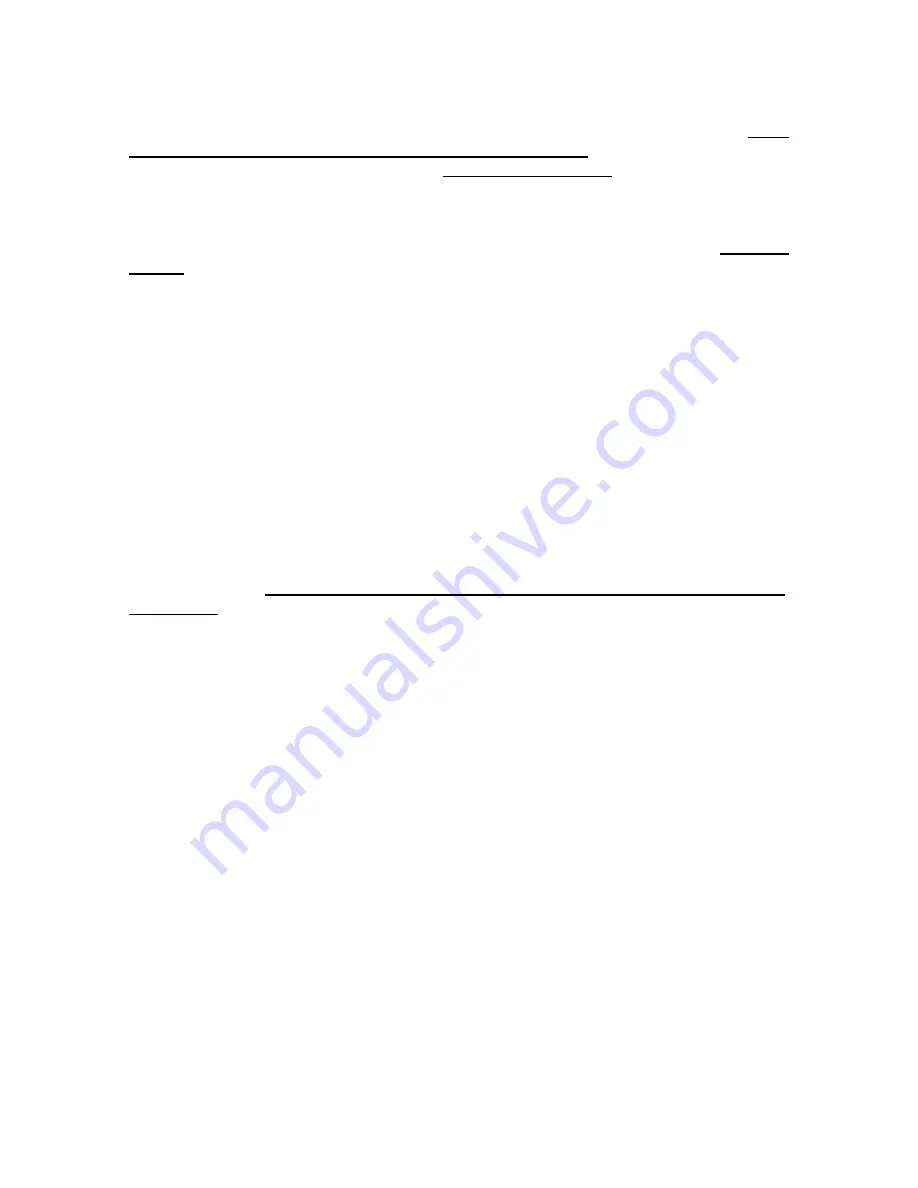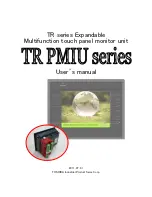
Handling and Fitting Manual for semi-flexible solar panels EFLX series
Page 12 of 12
Keep the maximum system voltage that can flow through your semi-flexible solar panel(s)
to a minimum. In a solar system with
multiple semi-flexible solar panels
, the preferred
method of connection is in parallel (rather than in series). It is recommended that no
more
than 2 semi-flexible solar panels are connected in series
in a single string, and that
the maximum open circuit voltage is kept
within 50V per string
, with multiple strings of
the same power and voltage connected in parallel.
In addition, if your system includes multiple semi-flexible solar panels, for any parallel
connection either of individual solar panels or strings of panels, fit suitable
blocking
diodes
to ensure that the system delivers the highest output in any shading conditions.
For a single solar panel system connected via a solar charge controller, a blocking diode
is typically not required.
When installing the solar panel, always check that the cabling is not under stress. Do not
bend the solar cables below the minimum bending radius of 40 mm. Ensure that the
cables are not tight or stretched when mounting the solar panel.
VI. Cleaning and care
Due to the special ETFE surface of these solar panels, dirt and grime will usually be
washed away by the rain. Nevertheless, if the solar panel is fully or partially shaded by
dirt or debris , this must be cleaned to prevent loss of performance.
Clean the front side of the solar panel gently using a soft cloth (dry or moist, with
lukewarm water).
Do not use brushes, scrapers, metal tools, or any high-pressure
water tools
. Do not use any cleaning substances and do not allow contact of the surface
of the solar panel with any chemicals.
If the solar panel has been used in marine conditions and the surface is covered in sea
salt, remove the buildup very carefully, ensuring that the salt crystals do not scratch the
solar panel surface.
In areas with low winter temperatures, remove any snow and ice without force (e.g. with
a very soft broom) in order to avoid damage to the protective layer of the solar panel.
Inspect the solar panels at least once a year to ascertain that all connections and fixings
are tight and corrosion free. Examine the solar cells to confirm that they are not cracked
or damaged.






























